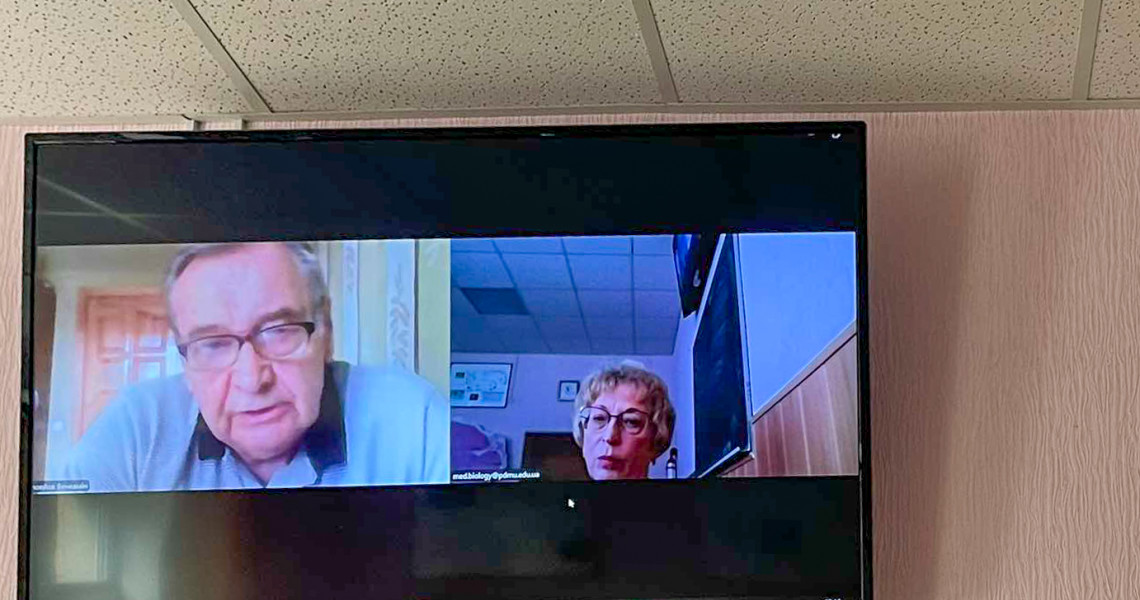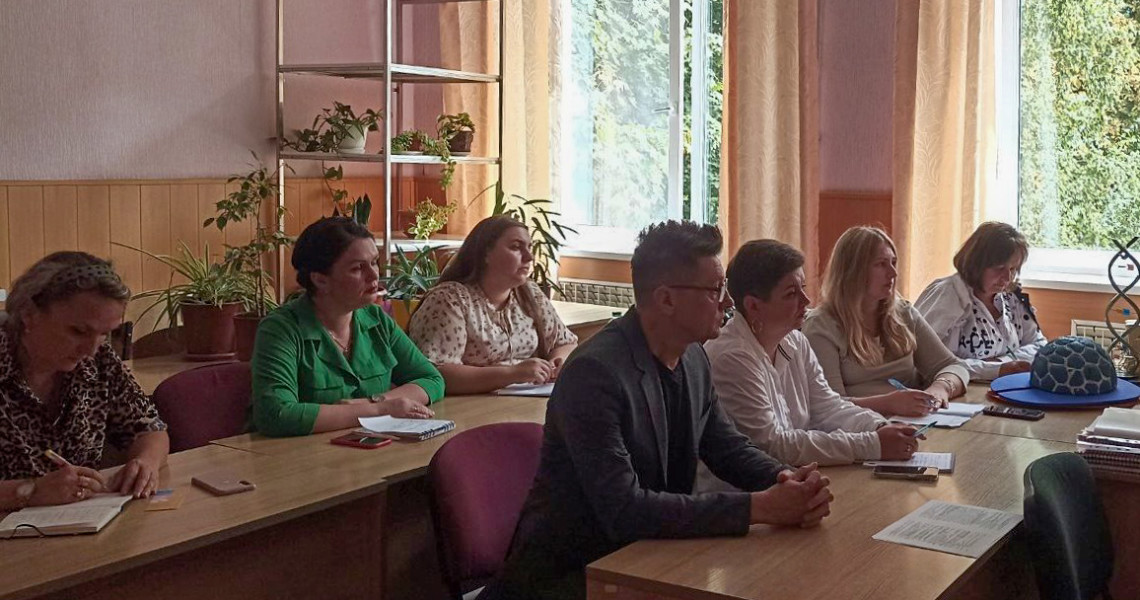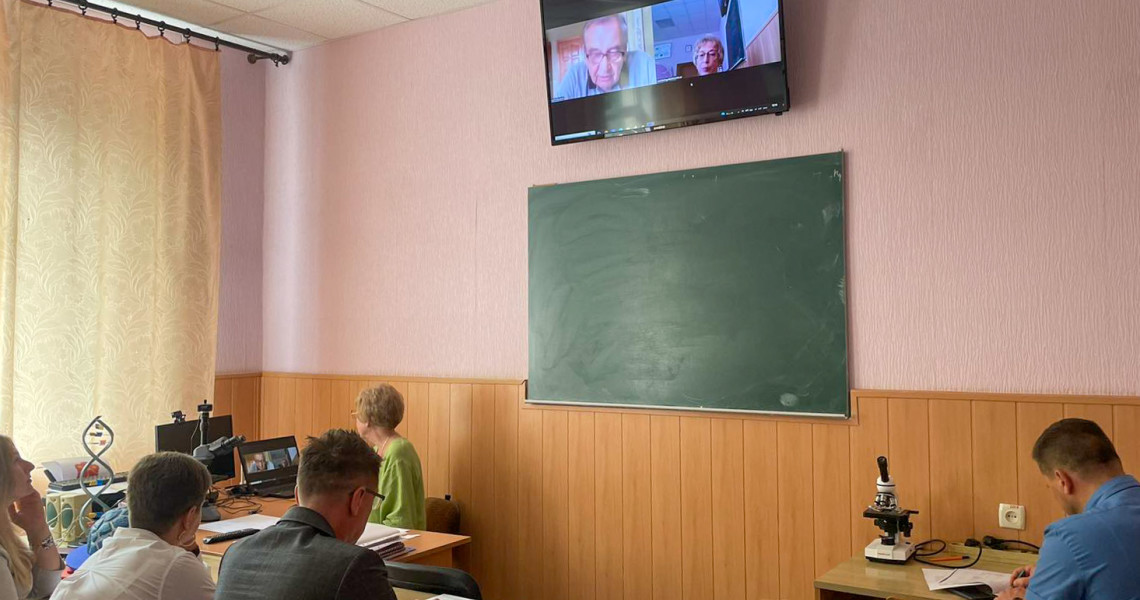12 вересня 2024 року для здобувачів другого (магістерського) рівня ОПП Біологія в рамках реалізації ОК «Патологічна фізіологія» у форматі онлайн відбулася гостьова лекція доктора хімічних наук, професора кафедри хімії та методики викладання хімії ПНПУ імені В. Г. Короленка Веніаміна Соловйова на тему «Хронобіологічні аспекти впливу мелатоніну на організм ссавців».
Під час лекції здобувачі могли, зокрема, скласти уявлення про роль мелатоніну у порушенні метаболізму глюкози, а також у розвитку артеріальної гіпертензії та інших проявів метаболічного синдрому. Озвучена лектором інформація викликала жвавий інтерес серед слухачів та стимулювала дискусію з окремих питань, в тому числі, про організацію раціонального режиму праці та відпочинку, особливості впливу штучного та природного освітлення на вироблення мелатоніну у людини тощо.
Такі лекції сприяють не лише ознайомленню із досягненнями видатних науковців Полтавського краю та розширенню наукових горизонтів здобувачів, але й визначенню перспектив їхнього професійного розвитку та шляхів майбутньої професійної діяльності.
Scientific horizons for future biologists
On September 12, 2024, a guest lecture by Doctor of Chemical Sciences, Professor of the Department of Chemistry and Methods of Teaching Chemistry of the V.G. Korolenko Poltava National Pedagogical University Veniamin Solovyov on the topic «Chronobiological aspects of the influence of melatonin on the body of mammals» took place for the applicants of the second (master's) level of the educational and professional program of Biology as part of implementation of the Pathological Physiology educational component in an online format.
During the lecture, the future biologists could form an idea about the role of melatonin in the disruption of glucose metabolism, as well as in the development of arterial hypertension and other manifestations of the metabolic syndrome. The information presented by the lecturer aroused lively interest among the listeners and stimulated discussion on certain issues, including the organization of a rational regime of work and rest, the specifics of the effect of artificial and natural lighting on the production of melatonin in humans, etc.
Such lectures contribute not only to familiarization with the achievements of outstanding scientists of the Poltava region and the expansion of the scientific horizons of the applicants, but also to outline the prospects of their professional development and determine the paths of future professional activity.








